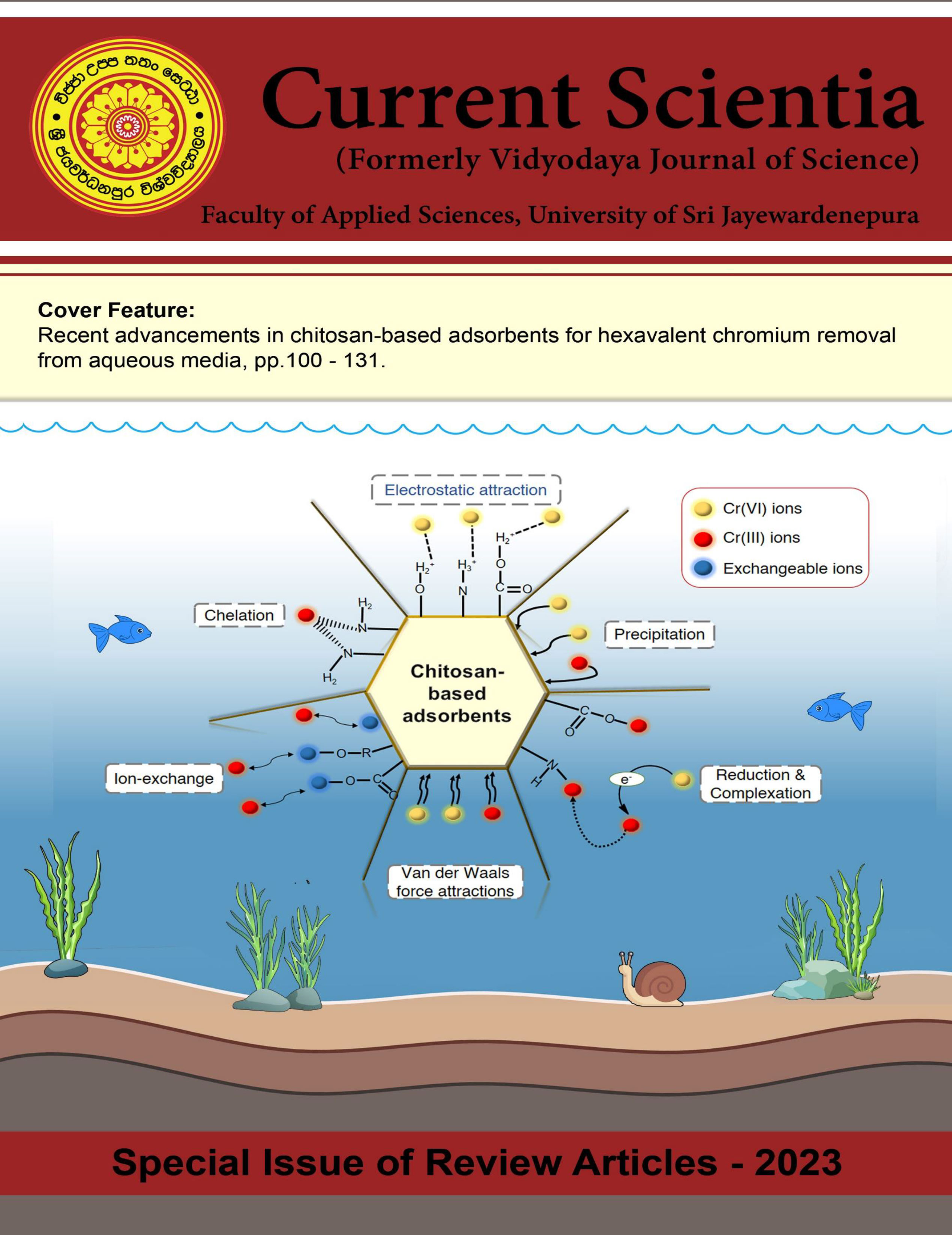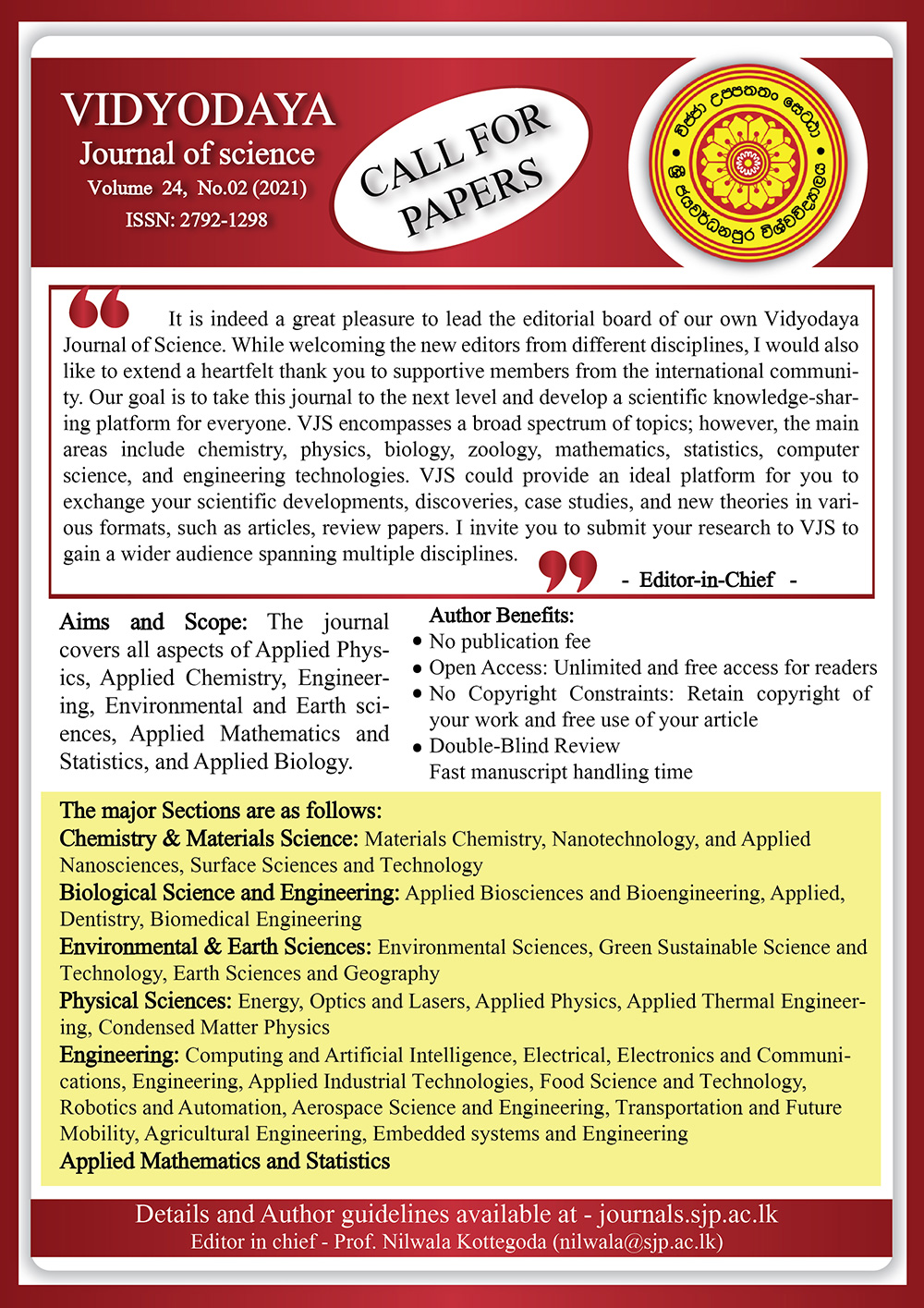Climate Smart Agriculture: The Role of Fertilizer Innovations and Efficient Plant Nutrient Management
DOI:
https://doi.org/10.31357/vjs.v1is1.6709Abstract
Climate change has emerged as a significant threat to the global agro-economy, adversely affecting agricultural productivity, food security, and local and global agricultural development goals. To ensure sustainable crop productivity and meet future demands, it is essential to take prompt actions to address the current challenges of lower agricultural productivity due to climate change. Climate-smart agriculture (CSA) is a novel concept that offers a promising approach to tackle these challenges by introducing sustainable farming practices that minimize negative environmental impacts and enhance resilience to climate change. It involves realigning current agricultural practices and introducing smart techniques to reduce the adverse effects of agriculture that contribute to climate change and higher carbon footprints. The importance of climate-smart fertilizers in agricultural productivity cannot be overemphasized, as the soil is susceptible to structural changes and alterations in nutrient availability due to climatic impacts. Therefore, the implementation of proper nutrient management mechanisms and advanced fertilizer innovations has become a top priority in implementing the concepts of CSA. Consequently, there has been a greater focus on introducing more climate-adaptive and resilient plant nutrient delivery systems and technologies in recent times. For instance, nanofertilizer, bio-based controlled-release and slow-release fertilizers have provided a more sustainable and climate-friendly alternative to traditional synthetic fertilizers. Despite the innovations, challenges remain in implementing CSA practices and practices of climate-smart fertilizers at scale. This is largely attributed to the lack of proper knowledge and a streamlined policy framework on climate resilience in agriculture and fertilizers. This article seeks to review the role of fertilizer innovations and nutrient management in CSA, targeting the reduction of nutrient losses due to climate changes. It also examines the current status of climate-smart fertilizers with a particular emphasis on the current implementation challenges and future prospects in fertilizer production, leading to global food security by adapting to climatic changes. By highlighting specific examples of modern climate-smart agriculture and fertilizer management, this article aims to provide insights into the potential benefits and challenges of implementing CSA practices and encourage further research and development in this important field.
Keywords: Climate-smart agriculture, Climate-smart fertilizers, Climate change, Nutrient Management, Innovations in fertilizers




